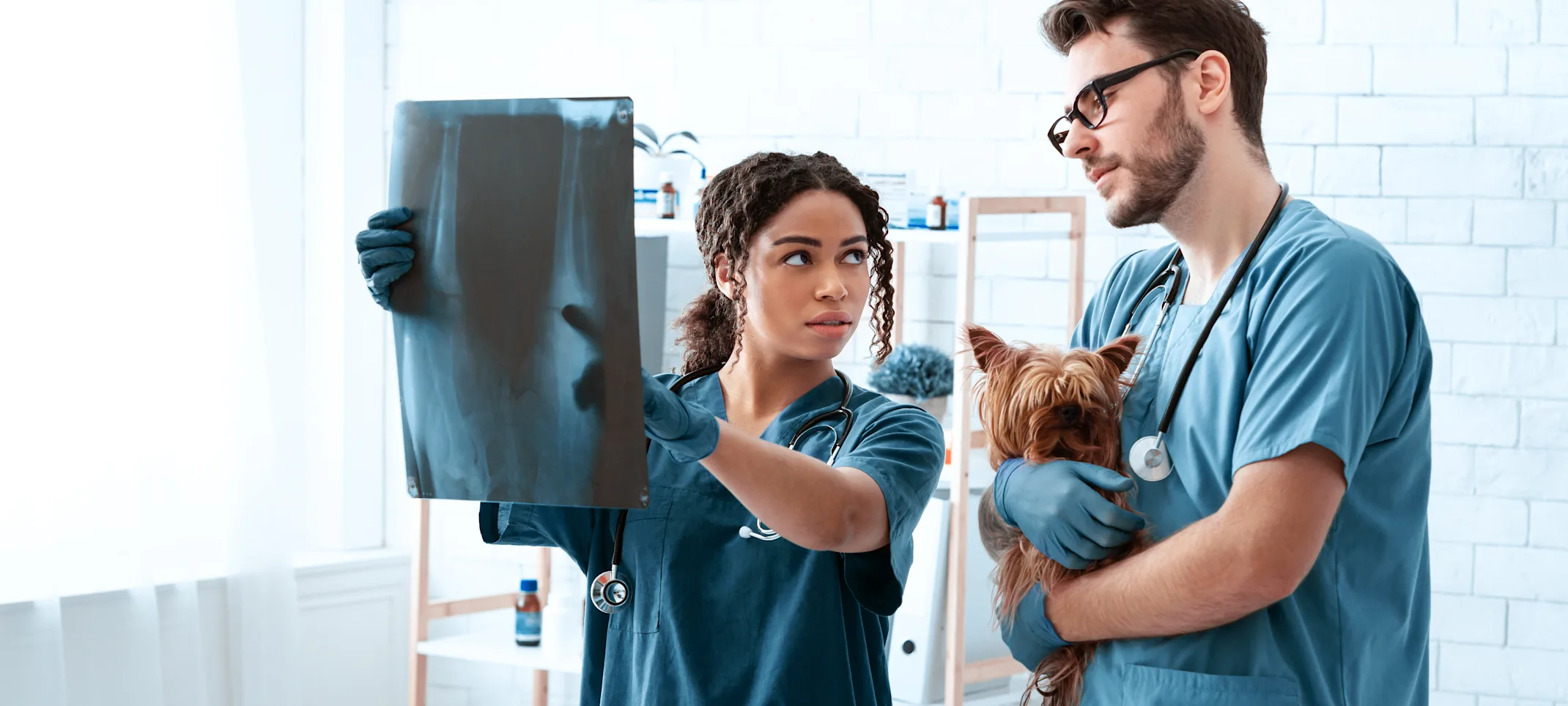Animal Care Center of Shorewood
Radiology
Veterinary radiologists are specialists who focus on running and interpreting diagnostic imaging tests.

Diagnostic Imaging Services
At our veterinary clinic, we provide in-house X-ray imaging to support the diagnosis and treatment of your pet. Our veterinarians are trained to interpret radiographs and use them to evaluate bones, assess organ size and shape, and help identify certain foreign objects or masses.
Please note that our team is not composed of board-certified radiologists, and while our veterinarians are experienced in reading radiographs, more complex imaging or interpretation may require referral to a specialist.
For advanced diagnostic imaging such as CT scans, MRIs, or comprehensive ultrasounds, we partner with trusted external specialists and can provide referrals to ensure your pet receives the highest level of care when needed.
We can perform limited, focused ultrasounds in-house for general assessments. However, for more detailed or specialized ultrasound evaluations, we will refer you to a facility equipped for that level of imaging.
Additionally, it's important to note that while X-rays can give valuable information about the heart's size and shape, they do not allow us to detect issues like arterial blockages. For a full evaluation of heart disease, especially involving blood vessels or detailed cardiac function, more advanced imaging is typically required.
Common Issues We Can Diagnose
Our veterinary radiology specialists are crucial to your pet’s care. Imaging services are used to quickly and accurately diagnose health problems, and to subsequently create effective treatment plans. The following list includes some of the common conditions that radiology specialists can help identify.
Broken bones: X-rays allow radiologists to examine bone structure and quickly identify fractures or irregularities.
Cancer: Advanced imaging can display tumors, masses, and other growths within the body.
Heart disease: Our diagnostic tools let our veterinarians see the heart’s size, irregularities, arterial blockage, and other problems.
Respiratory illness: Some tests are used to inspect the lungs and airways and can shed light on the severity of respiratory issues your pet may be facing.
Pregnancy: Ultrasounds are helpful in evaluating the health of pregnant animals and their babies, and can help guide natal healthcare decisions.
